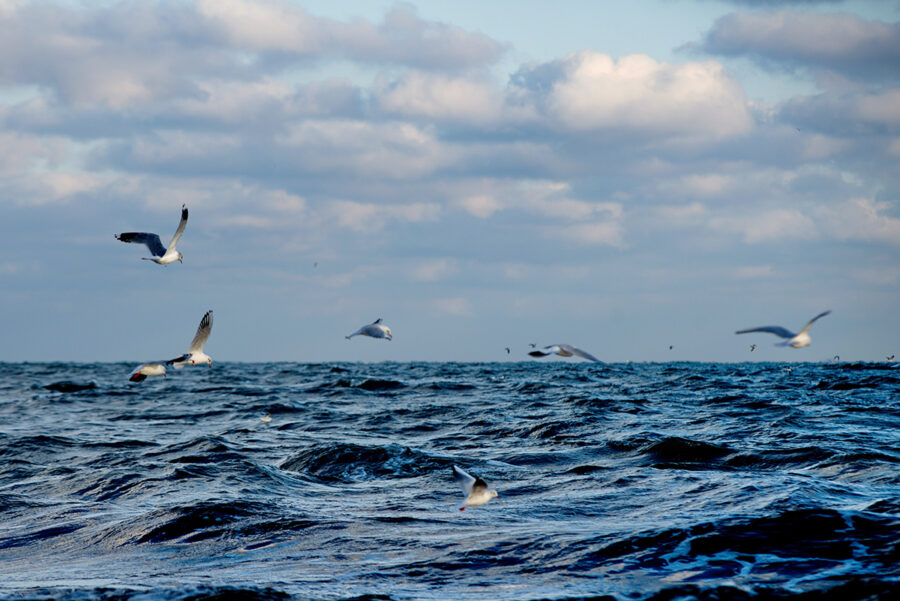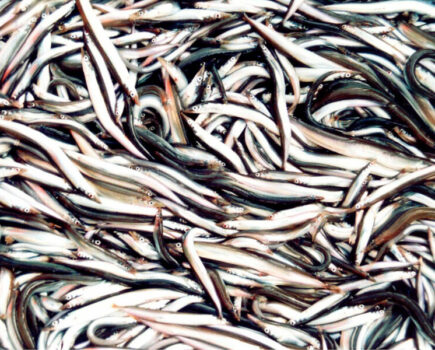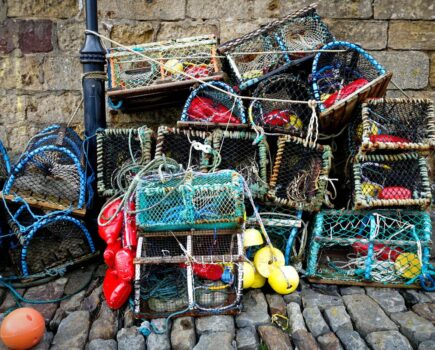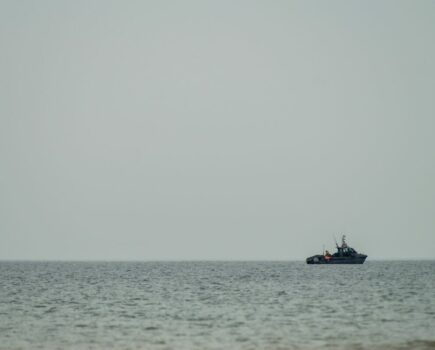Legal wheels set in motion for post-Brexit era.
Industry leaders have welcomed the announcement of a historic Fisheries Bill that will give the UK legal control over its own waters after Brexit, and end 40 years of rule by Brussels, reports Tim Oliver.
The Bill was included in the Queen’s Speech at the state opening of Parliament in the House of Lords last week, which sets out the government’s legislative programme for the new Parliamentary session after the general election.
As well as a Fisheries Bill, it also confirmed that the government will introduce the Repeal Bill, to repeal the European Communities Act of 1972 and convert all EU legislation into UK law, including the CFP regulations, when Britain leaves the EU in March 2019. The Bill will allow parliament to amend EU legislation and eventually repeal or amend unwanted EU laws after Brexit.
Setting out the government’s plans, the Queen said the Fisheries Bill ‘will enable the UK to exercise responsibility for access to fisheries and management of its waters’. It will allow Britain ‘to control access to our territorial waters’ and ‘set our own quotas’.
Welcoming the watershed development, SFF chief executive Bertie Armstrong said: “Brexit will automatically remove the UK from the CFP framework, so legislation to ensure that the UK is solely responsible for both access to, and management of, our waters is very welcome indeed.
“It’s heartening that ministers recognise the importance of fishing to Scotland, and foresee prosperity for a new generation of fishermen, while assisting the industry to harvest some of the world’s richest fishing grounds in a sustainable manner.”
NFFO chief executive Barrie Deas said the inclusion of a Fisheries Bill in the Queen’s speech was ‘a necessary preparation for when the UK leaves the CFP, which it will do by default when the UK leaves the EU’.
Shetland Fishermen’s Association chief executive Simon Collins said the Fisheries Bill was ‘a huge step forward and could hardly have been improved on from the industry’s point of view’.
He told the Shetland Times that although there is little detail so far, the important principles of control over access to national waters and the allocation of fishing rights therein had been established. “It is a very, very positive statement,” he said.
In other developments last week, a senior DEFRA official told a seminar in London that the government is committed to withdrawal from the 1964 London Convention that gives historic access to some foreign vessels to the UK six to 12-mile zone. Withdrawal will give the UK exclusive access and control over the whole 12-mile limit zone.
Nigel Gooding, deputy director of Fisheries and Conservation, said withdrawal from the Convention was in the Conservative government’s manifesto and ministers were considering the matter, though he could not put a timescale on when it would happen.
“We know we have to give two years’ notice of withdrawal – watch this space,” he told the seminar, which was organised by the Westminster Food and Nutrition Forum on the theme of ‘Priorities for UK fisheries policy – sustainability, trade, access and funding’.

Nigel Gooding, DEFRA deputy director of Fisheries and Conservation: ‘Watch this space’ for London Convention withdrawal.
He also said the UK government remains committed to implementing the landing obligation as a step towards sustainable fishing, but is aware of the challenges it presents, particularly on choke species.
He said the UK ‘firmly supports’ the landing obligation and is leading on work to address the choke species problem. DEFRA is working with the industry and other stakeholders to find solutions, and hosted an expert workshop on the problem last year.
DEFRA was aware of the impact the policy will have on the industry, but Nigel Gooding said he could not commit to a change in the way the discard ban policy might be run after Brexit, which was up to the minister. He said sustainable fisheries management was vital to meet the UK’s international commitments.
Mr Gooding said fisheries minister George Eustice had said the issue of flag ships would be kept under review. It was ‘an intricate area’ and the minister would be looking at foreign ownership of vessels and quotas in the context of fisheries management as a whole.
“Quotas and foreign ownership will be part of future considerations,” he said.
He was also unable to give any further information on the revised controversial concordat that is to be introduced to spell out how fisheries management responsibilities are to be shared between Westminster and the devolved administrations.
The NFFO, in particular, has been highly critical of the draft concordat, which it says gives too much control to Scotland and threatens to undermine the English industry and cause quota to move permanently north of the border.
The basics of the Fisheries Bill
Fisheries Bill
“This will be complemented by legislation to ensure that the United Kingdom makes a success of Brexit, establishing new national policies on (….) fisheries.”
The purpose of the Bill is to:
● Enable the UK to control access to its waters and set UK fishing quotas once it has left the EU.
The main benefits of the Bill would be:
● To ensure UK responsibility for the access to and management of its waters.
● To enable the UK to set our own quotas once we have left the EU, which will help ensure prosperity for a new generation of fishermen, as well as preserve and increase fish stocks.
● This will help to deliver on the manifesto commitment for our coastal communities.
The main elements of the Bill are:
● Powers to enable the UK to exercise responsibility for access to fisheries and management of its waters.
Territorial extent and application
● Aspects of the Bill will extend to the UK, as international matters are not developed. We will consult widely with the developed administrations on the appropriate extent of any legislation.
Read more from Fishing News here.








